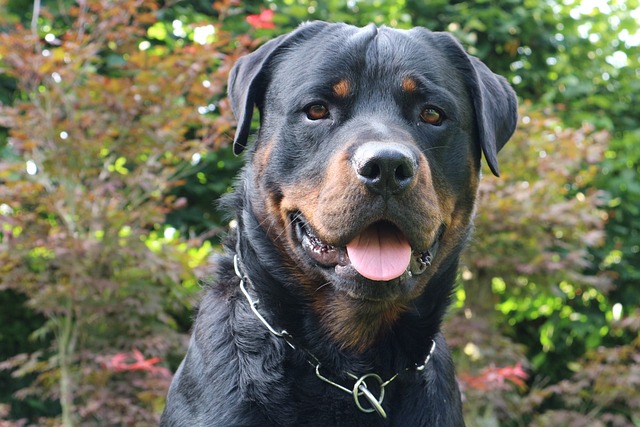
How do i train my dog to be obedient?
Watching your dog dart across the park ignoring your calls isn’t just frustrating—it can put them at risk near busy streets or public spaces.
Watching your new dog tremble, hide, or even bark uncontrollably at the sight of a neighbor or another dog on your morning walk is a heart-wrenching experience. You want to help them feel safe, but the question is, how do you socialize a very scared dog without making their fear worse? The key is to understand that for a fearful dog, the world feels overwhelming. Their behavior isn't stubbornness; it's a stress response rooted in a lack of positive experiences or even past trauma. The goal of socialization isn't to force interactions but to patiently build their confidence by creating positive associations with the world at a distance they can handle. This process is called desensitization and counterconditioning, and it requires you to become your dog's safe harbor.
Start at home, where your dog feels most secure. Identify what triggers their fear—is it men with hats, other dogs, or sudden noises? Once you know, you can begin controlled exposure. If your dog is scared of people, have a calm friend sit across your living room, ignoring your dog completely while you feed them tiny, high-value treats like boiled chicken. The moment the trigger appears, the treats rain down. The trigger disappearing means the treats stop. This teaches your dog to associate the scary thing with good things happening. Always let your dog set the pace; if they panic, you've moved too close too fast. This method of positive reinforcement is the gold standard in the U.S. and Europe, aligning with animal welfare cultures that strictly prohibit forceful or punitive methods, which would only deepen a fearful dog's anxiety.

This careful, respectful approach extends to your public responsibilities. Before embarking on any socialization journey, ensure your dog is up-to-date on all vaccinations, especially the legally mandated rabies vaccine. This protects your dog and your community. When you venture outside, your dog must be on a leash and you must always have poop bags ready. Cleaning up after your pet is not just polite; it's the law in most American municipalities and a fundamental part of being a respectful neighbor. For apartment dwellers, this is especially crucial. A fearful dog may have accidents in hallways or vocalize out of stress. Mitigating this through patient training and immediate cleanup is key to maintaining good relations in a shared living environment.
Remember, socializing a scared dog is a marathon, not a sprint. It’s about countless tiny, positive experiences that slowly build trust. Celebrate small victories—a glance at a trigger without reacting, a moment of relaxed body language. By prioritizing your dog’s emotional well-being through force-free methods and respecting your community’s rules, you’re not just training your dog; you’re helping them learn to feel safe in their new world.

Watching your dog dart across the park ignoring your calls isn’t just frustrating—it can put them at risk near busy streets or public spaces.

New puppy owners often find themselves rushing to clean up accidents before they set in, and that’s where puppy pad training becomes a game-changer.

If you've noticed your dog's waistline disappearing and your veterinarian has mentioned those few extra pounds, your first instinct might be to simply reduce the amount of food in their bowl.

Training a dog to use a designated spot indoors isn’t as daunting as many new owners fear, but it does take consistency and an understanding of your pet’s needs.

That moment of dread on a walk is all too familiar for many new dog owners. You see another dog approaching down the sidewalk of your neighborhood

If the sight of another dog on your neighborhood walk makes your heart sink as your own dog erupts into a frenzy of barking and lunging, you're not alone.